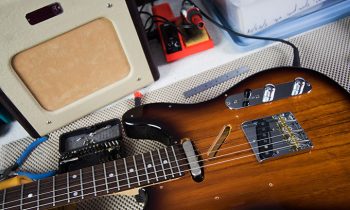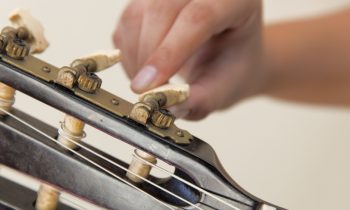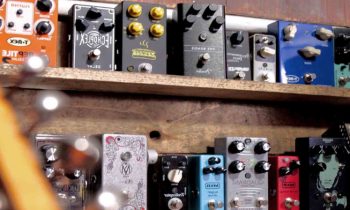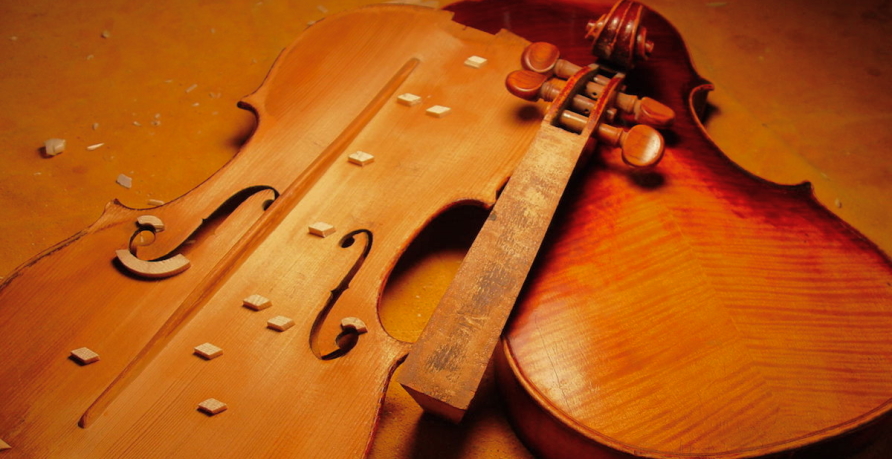
When we do research on buying a new musical instrument, many will come across a word called on what wood it is manufactured. Even the sounds they produce and the cost of the instrument keeps varying according to the type of wood we choose for. Even these woods are really a matter for the durability of the instrument. Here we will look into the types of wood for musical instruments, as each location varies the type of wood also various accordingly.
Age Matters
The best lumber for instruments is located preferably at the bottom of a freshwater river or lake for hundreds of years. Some of the best instrument wood around these days is being fished out of the rivers of the great north woods where loggers once floated their harvest to the sawmills. As you know that different woods affect your acoustic sound, so the type of the wood also varies from place to place. Some woods are from trees which are blooming and some woods are from trees which do not have fruits and flowers.
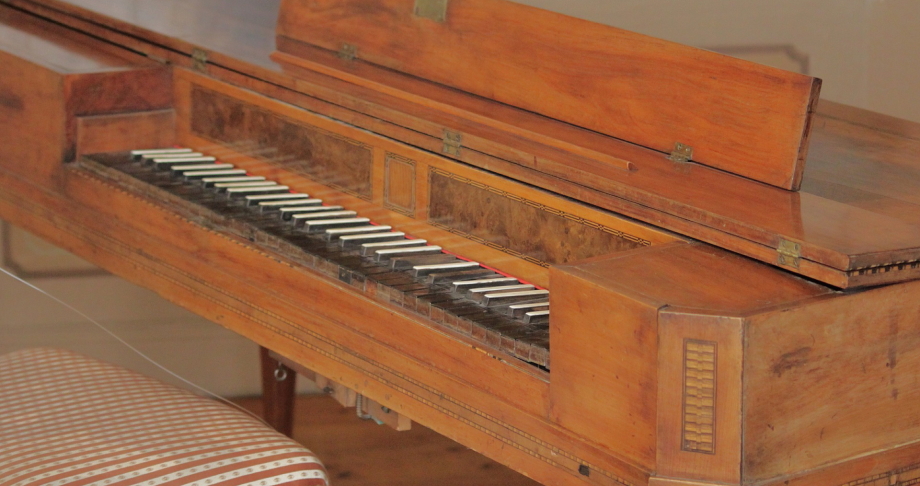
Types of wood:
There are about 5 common types of wood for handmade and professional musical instruments including maple, rosewood, spruce, mahogany and basswood. Selecting wood for musical instrument project varies according to the instrument we make.
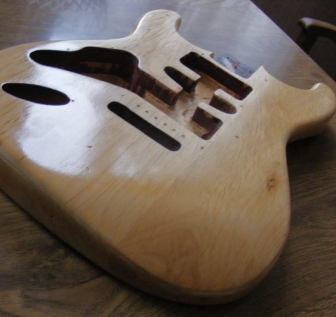 Soft maple has the ability to bend, so it is used in the bodies of guitars, dulcimers and violins to make curvature surfaces. Harder maples are frequently used as necks where rigidity is essential. Spruce is a hardwood that has a soft core that is used as a guitar top. This duality makes it a wonderful soundboard. Electric guitars are made using some hard core woods like mahogany for solid body guitars or otherwise it’s dark sound reproduces electrically amplified tones particularly well. Even if the mahogany wood is beautiful, it is seldom used in acoustic instruments save possibly in the fret board where a denser, more durable wood might be important. Basswood isn’t very pretty despite its fine tonal qualities and you can often see them used in instruments that are going to be painted or in drums where a consistent frequency throughout the length of a board is important. Rosewood is also popular for use with fingerboards. As like the mahogany, this wood type also has a very dark tone and if used in the body of an acoustic instrument tends to dampen the sound.
Soft maple has the ability to bend, so it is used in the bodies of guitars, dulcimers and violins to make curvature surfaces. Harder maples are frequently used as necks where rigidity is essential. Spruce is a hardwood that has a soft core that is used as a guitar top. This duality makes it a wonderful soundboard. Electric guitars are made using some hard core woods like mahogany for solid body guitars or otherwise it’s dark sound reproduces electrically amplified tones particularly well. Even if the mahogany wood is beautiful, it is seldom used in acoustic instruments save possibly in the fret board where a denser, more durable wood might be important. Basswood isn’t very pretty despite its fine tonal qualities and you can often see them used in instruments that are going to be painted or in drums where a consistent frequency throughout the length of a board is important. Rosewood is also popular for use with fingerboards. As like the mahogany, this wood type also has a very dark tone and if used in the body of an acoustic instrument tends to dampen the sound.
Most of the instruments will have the combination of the above in order to give your instrument more strength, durability, good look, high quality and flexibility.

